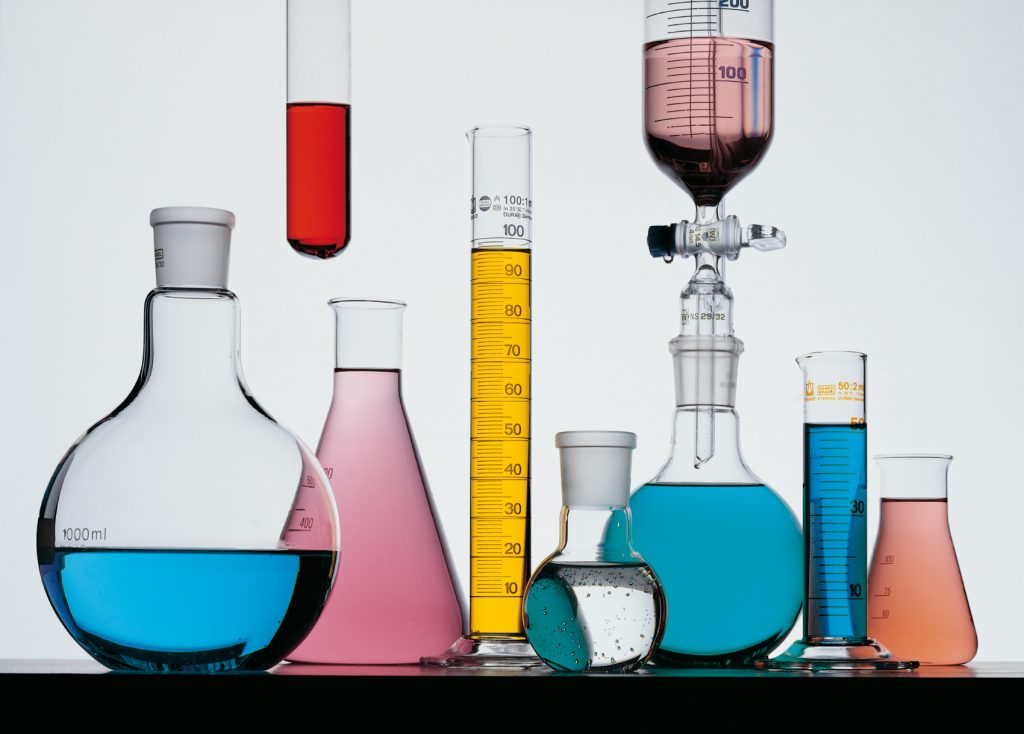Chemicals are an integral part of our daily lives, present in everything from the food we eat to the products we use. However, have you ever wondered what happens when these chemicals enter your body? In this blog post, we will delve into the intricate journey of chemicals within the human body, exploring their effects and shedding light on the importance of understanding their impact.
- Absorption:
When chemicals come into contact with our bodies, they can enter through various routes, such as inhalation, ingestion, or dermal exposure. The absorption process plays a crucial role in determining the extent to which chemicals can affect our health. Factors like chemical properties, concentration, and exposure duration influence the absorption rate. - Distribution:
Once absorbed, chemicals embark on a journey through our bloodstream, reaching different organs and tissues. The distribution process is influenced by factors like solubility, molecular weight, and the presence of binding proteins. Some chemicals may have a specific target organ, while others can spread throughout the body. - Metabolism:
In the liver and other organs, chemicals undergo metabolism, a process that transforms them into different compounds. This metabolic conversion can either make the chemicals more or less toxic, affecting their overall impact on the body. Enzymes play a vital role in this process, determining the speed and efficiency of metabolism. - Effects on Organs:
Chemicals can exert various effects on different organs and systems within the body. For example, certain chemicals may target the respiratory system, leading to respiratory distress or lung damage. Others may affect the nervous system, causing neurological disorders or cognitive impairments. Understanding these specific effects is crucial for assessing the risks associated with chemical exposure. - Accumulation and Elimination:
Some chemicals have the potential to accumulate in the body over time, leading to long-term health effects. The accumulation can occur in adipose tissue, bones, or other storage sites. On the other hand, the body has mechanisms to eliminate chemicals through urine, feces, sweat, and exhalation. The rate of elimination depends on factors like chemical properties, metabolism, and individual differences.
Conclusion:
The journey of chemicals within the human body is a complex and multifaceted process. From absorption to elimination, each step plays a crucial role in determining the impact of chemicals on our health. By understanding this intricate journey, we can make informed decisions about chemical exposure, advocate for safer practices, and protect our well-being.


More Stories
Plastic to Pyrolysis Oil Solution: A Sustainable Pathway for Plastic Waste Conversion
Yukun Qiangwei Motor Unveils 2023 Diesel Generator Price List with Specs for Home Use
Inspiration Powered by Light: How Mini Monocrystalline silicon Solar Panels Enable Self-Sufficient Creativity